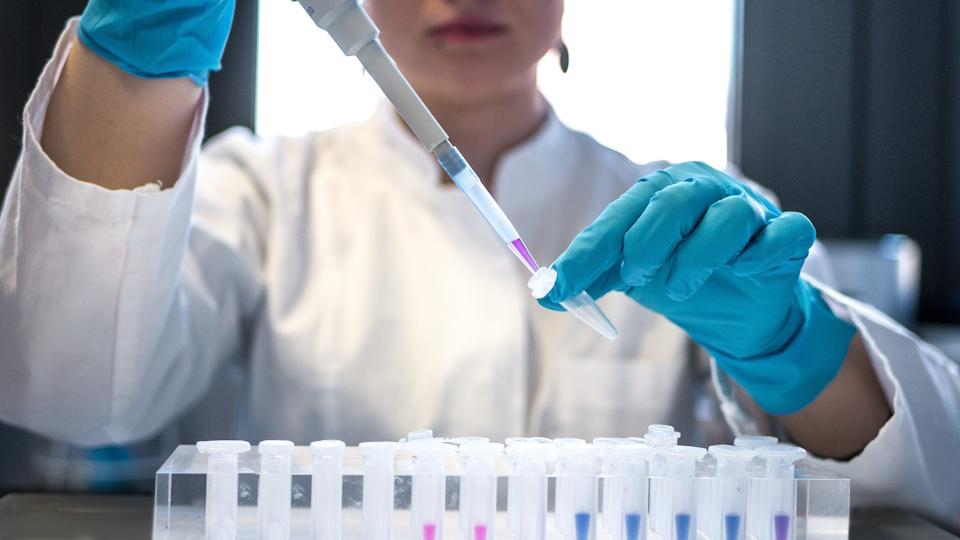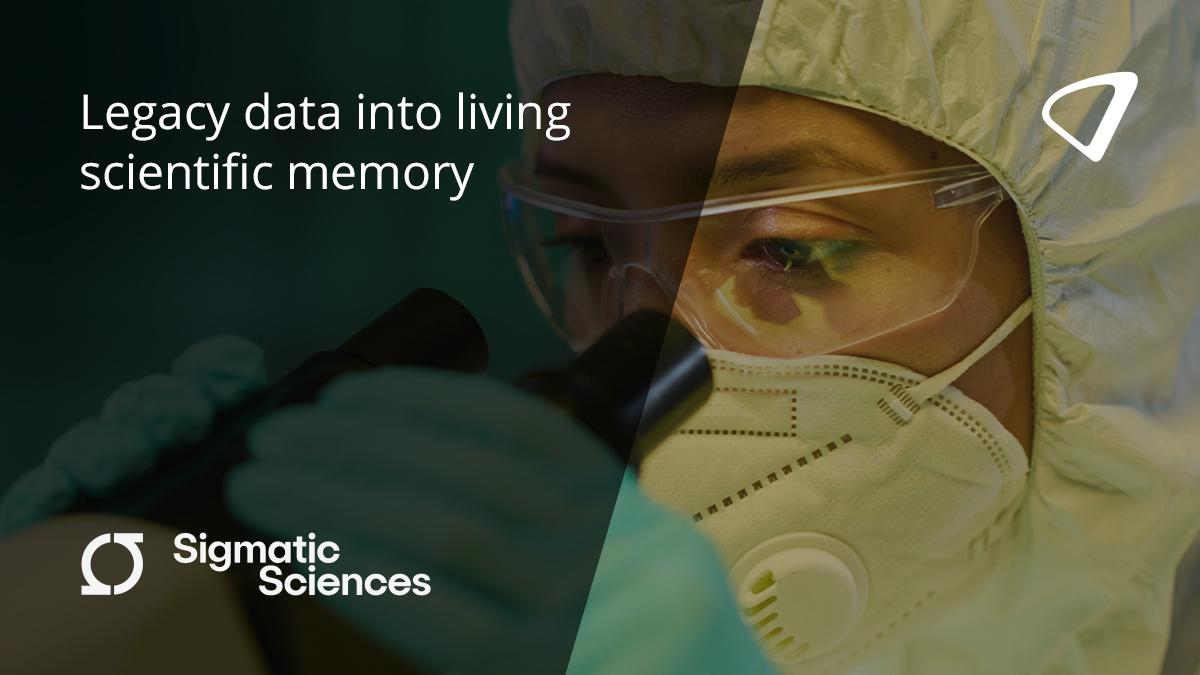AI could revolutionise pharma compound synthesis

Researchers at the University of Cambridge in the UK and Pfizer have developed an artificial intelligence (AI)-powered platform that could refine and accelerate the way pharmaceuticals are designed and made.
Their novel approach to high-throughput experimentation (HTE) could do away with the current need to run trial-and-error experiments to see how chemicals used to make medicines react with one another, predicting their behaviour virtually, and has been described in a Nature Chemistry paper.
At the moment, computer simulations are used to try to predict reactions using simple electron and atom modelling, but these approaches tend to require a lot of computing power and are often inaccurate, according to the scientists, led by Dr Alpha Lee of Cambridge’s physics department.
“Our approach uncovers the hidden relationships between reaction components and outcomes,” said Dr Lee, who is also chief executive of PostEra, a start-up that applies machine learning to medicinal chemistry and drug design. “The dataset we trained the model on is massive – it will help bring the process of chemical discovery from trial-and-error to the age of big data.”
The team’s data-driven approach has been inspired by the analytical methods applied to interpret the huge volumes of data generated in genomics and relies on an HTE analyser device combined with machine learning to understand chemical reactivity.
The AI has been trained and validated on data from 39,000 pharmaceutically relevant reactions generated over more than a decade of medicinal chemistry HTE, resulting in what the team has dubbed the ‘reactome’, a database of reaction pathways that can be interrogated to identify the best reactants and reagents to use for a particular drug and point to gaps in the knowledge.
“The reactome could change the way we think about organic chemistry,” said Dr Emma King-Smith of Cambridge’s Cavendish Laboratory.
“A deeper understanding of the chemistry could enable us to make pharmaceuticals and so many other useful products much faster. But, more fundamentally, the understanding we hope to generate will be beneficial to anyone who works with molecules.”
Faster drug design
In a companion paper, the team describe a machine-learning approach that enables chemists to introduce precise transformations to specific regions of even complex molecules, tweaking them without having to make them from scratch.
As making molecules is often a multistep process, these last-minute alterations can be challenging and often require a compound to be rebuilt entirely, particularly if the change is being made to its core.
Sometimes, so-called ‘late-stage functionalisation’ reactions are deployed to try to change it without a whole new synthesis pathway, but it is notoriously hard to control the process and predict the outcome. The new machine learning tool – trained on a Pfizer dataset – takes some of the guesswork out of designing these late-stage functionalisation reactions and can make the process more efficient.
“The application of machine learning to chemistry is often throttled by the problem that the amount of data is small compared to the vastness of chemical space,” said Dr Lee.
“Our approach – designing models that learn from large datasets that are similar [to], but not the same as, the problem we are trying to solve – resolves this fundamental low-data challenge and could unlock advances beyond late-stage functionalisation.”
Photo by Julia Koblitz on Unsplash











